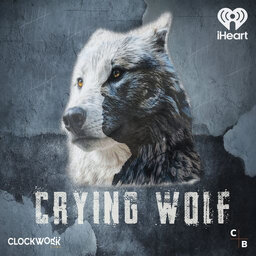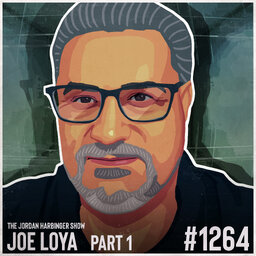Introducing - The Gist: Birds Aren’t Real (SHHH … Don’t tell the Crested Warbler!)
Peter McIndoe is the founder of the Birds Aren't Real movement-slash-conspiracy theory. He is also the author of the book, Birds Aren't Real: The True Story of Mass Avian Murder and the Largest Surveillance Campaign in U.S. History. Peter doesn’t believe any of that, by the way, but he has good insights on the type of people who do. Plus, how public access to subway brakes, the inability to license a pot store, and a 30-year-old San Fransisco "shanty town" clearance offer lessons in can-do (and can't-do) governance. Please follow the show!
In 1 playlist(s)
The Burden: Death & Deceit in Alliance
On April Fools Day 1999, 26-year-old Yvonne Layne was found murdered in her Alliance, Ohio home. Dav…Social links
Follow podcast
Recent clips

Introducing - Crying Wolf
31:46

Introducing - The Jordan Harbinger Show: Joe Loya | Confessions of a Bank Robber Part Two
1:03:48

Death & Deceit in Alliance Q&A with Maggie Freleng - Hosted by Steve Fishman
48:24
 The Burden: Death & Deceit in Alliance
The Burden: Death & Deceit in Alliance